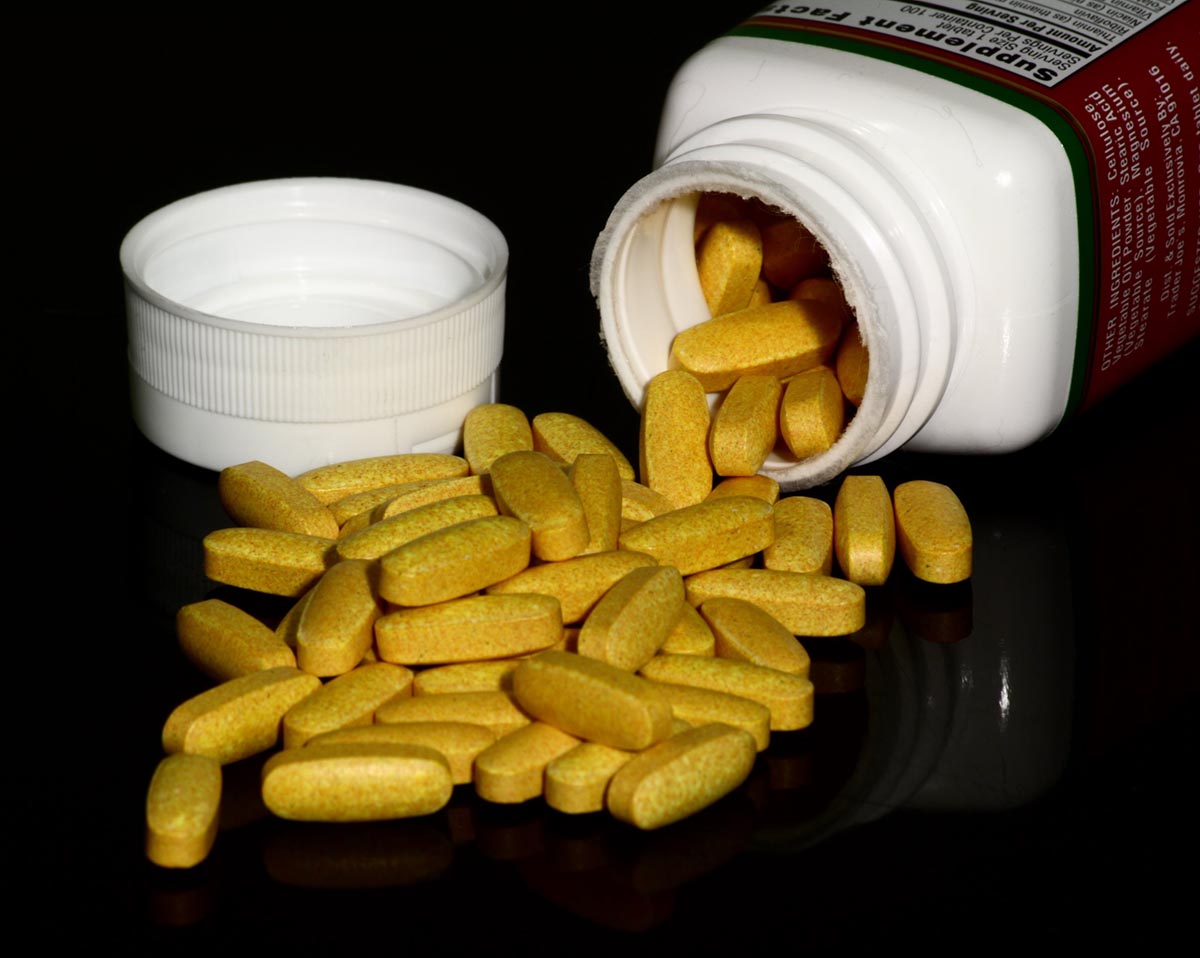
Basic information
This substance is also known as the Vitamin B-3, as well as the nicotinic acid, and it belongs to the group of B vitamins. Aside from being a part of this group, it shares the place with those vitamins that are directly related to such diseases as pellagra (also known as the pandemic deficiency illness), scurvy, Beri Beri, rickets and Vitamin A related deficiency. Its primary function is in keeping our digestive system healthy and enabling it to function in the most proper manner. Aside from the digestive system, it is also considered vital for a proper functioning of the nerves, and is among those responsible for maintaining our skin young and healthy. As far as the role in bodily processes is concerned, it should be pointed out that Niacin is vital for the success of the food-energy conversion process. But just like with any beneficial substance, once it starts to be overused, it loses its beneficial powers and starts producing undesired side effects, i.e. turns into a harmful and damaging agent. Once this happens, the condition that occurs is widely known as the Niacin overdose. Just like it is the case with more or less any medication, it is quite possible to have too much of this substance, which ultimately can have extremely dangerous effects for the person in question. The side effects that accompany the overdose are of different nature and are conditioned by various factors such as the quantity of the previously taken dosage, as well as whether Niacin was taken alone or in combination with some other medication.
Overdose facts
The most important thing that should never be dis regarded is that every dosage over 75 mg is definitely going to cause the overdose. The most prominent ill effects of this action are such as serious damage to the liver, ulcers (peptic), skin rash etc. In case of the increased dosage, more than 100 mg on a daily basis needed for controlling the levels of cholesterol, the nicotinic acid is going to be the main culprit for skin flushing and the occurrence of itching, intensive headaches, drowsiness and lowered blood pressure. Also, this substance is regarded as the main aggravator of the peptic ulcer. Given the fact that it is also responsible for numerous stomach related conditions, fortunately these tend to go away on their own in due time. One of the ways to avoid stomach related issues is to combine Niacin with food, i.e. take it prior to eating a meal. The most important fact is that people who have a history of the liver disease and stomach ulcers should under no circumstances consume supplements based in niacin.




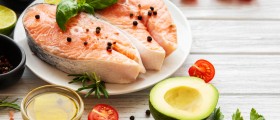
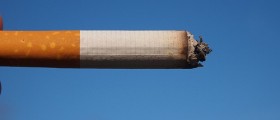
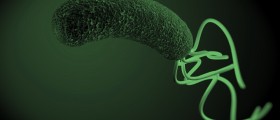

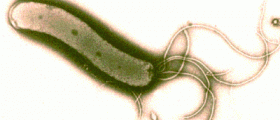
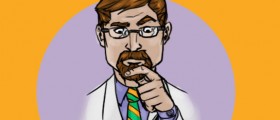

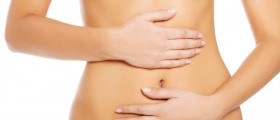
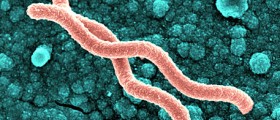
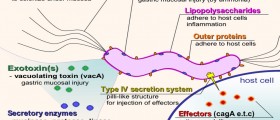

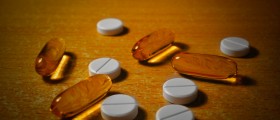

Your thoughts on this
Loading...